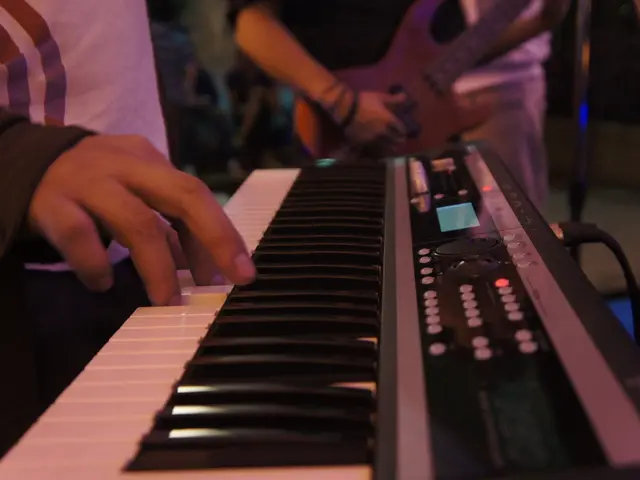Military display in Belgrade sheds light on Serbia's international relations strategy.
In a move to bolster its military capabilities, Serbia has inked a technical and commercial cooperation pact with the Israeli high-tech firm Elbit, securing the purchase of Hermes 900 drones. This announcement comes as Serbia gears up to display 19 new weapon systems at its military parade this Saturday.
The weaponry systems are a result of foreign policy agreements with France, China, Israel, and Russia. Serbia has procured Rafale multi-role fighter jets from France and anti-aircraft missile systems from China. The Israeli company that sealed the deal with Serbia for the delivery of Hermes 900 drones is Elbit Systems. Serbian authorities have also revealed that two Rafales from the French Air Force will be patrolling the skies over Belgrade.
However, diversifying arms acquisitions from different nations could pose technical compatibility issues among weapon systems within the same army, experts warn. Nikola Lunić, a Serbian independent geopolitical and defense analyst, asserts that this is not a display of strength, but rather a manifestation of Serbia's desire for de facto neutrality.
Serbia's strategic location, encircled by NATO and the European Union, presents a complex political landscape. The memory of NATO's bombing of Serbia in 1999 during the Kosovo conflict still represents a significant hurdle to Belgrade's path towards NATO, according to Gordan Akrap, a security advisor to the Croatian government.
Despite the challenges, Serbia remains one of the few European nations that has not imposed sanctions on Russia. Serbia has refrained from imposing sanctions on Russia and has previously purchased weapons from them. This stance has not been without controversy, with Serbia being accused of supplying materiel to Kyiv, leading Serbia to temporarily halt all arms exports.
Serbia's stance on Russia reflects its recent history following the violent dissolution of Yugoslavia in the 1990s. Serbia aspires to de facto neutrality, partly as a result of this history.
Looking ahead, Serbia's military procurement is viewed as part of the country's ambition to join the EU. Ana Brnabić, speaker of the Serbian parliament, has stated that Serbia is committed to its path of EU integration. However, the true foreign policy focus of Serbia remains unclear, according to Lunić.
In conclusion, Serbia's military procurement strategy reflects a complex blend of diplomatic, political, and historical factors. As it navigates its path towards the EU and maintains its relationships with various global powers, Serbia continues to strive for a balanced and independent foreign policy.








